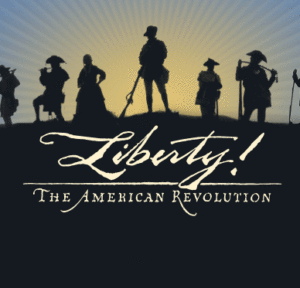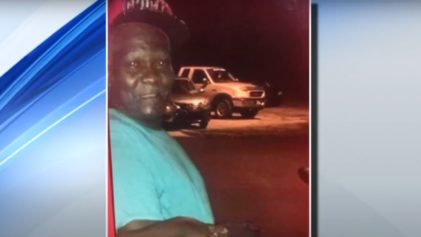The question must be asked: To what lengths are Black folks willing to go in order to extricate themselves from white supremacy?
It is a question that is raised when reading an article by Hazel Trice Edney in the Milwaukee Community Journal. In her piece, Edney focuses her efforts on a group out of Baltimore called the 300 Men March. The group, which is dedicated to combating street violence in the Black community, has even garnered the attention of Baltimore Mayor Stephanie Rawlings-Blake. However, as Edney laments, 300 Men March, known for patrolling the neighborhood “as a display of positive force and responsible manhood amidst an often violent backdrop, have made quite a name for themselves. But as police violence against African-Americans has dominated the media air space, the support needed to help those doing the work against street violence appears stagnant – despite rising homicide rates across the country.”
I would rather us focus on the bigger picture – in the face of tyranny what did white folks do? What has been their path to freedom? Let’s compare the two – are black people doing enough to wrestle our freedom from white supremacy compared to what white people have done to gain their freedom/independence from other white folks? So the argument then becomes that in comparison to what white people have been willing to do to gain their freedom, Black people are insanely complacent.
In a recent interview with Edney, Munir Bahar, the organization’s founder and president, said “You certainly get a whole lot of activity from people when it comes to police brutality – every time something goes on with the police and the Black man.” He added, “But, yet, there’s not enough support and involvement on a day-to-day basis of men of color especially, but all men around the country with regards to community violence.”
The scourge of homicide in the Black community cannot be denied and should not be ignored, as homicide is the leading cause of death for young Black men, and the fratricide and rampant violence we are witnessing demand no less than a sense of urgency. The most recent shooing murder of a 9-year-old Black boy, who was targeted and lured into an ambush as part of a gang-related feud, is but one symptom of a crisis being played out in cities throughout the nation. Yet, in Baltimore, 300 Men March can only attract 60 men to get the job done. Bahar notes that Black men are watching the race destroy itself internally, and would rather go to a cocktail party than mentor young people.
Although Bahar is not discouraged, the challenges he faces are typical. However, it is necessary that Black people view its myriad problems—whether violence in the community, police violence, institutional racism, discrimination, poverty, unemployment, mass incarceration, and the like—as interrelated. All of these are linked to one thing which is the boot standing firmly on our collective necks.
In the face of white supremacy, Black people have been complacent and have found ways to cope, to maintain, though not necessarily effectively. The bottom line is that Black people do not envision a world in which white folks are not in charge–of us. But what would it take to create a world, create an America, in which Black people are in control of their own destiny, and white supremacy is pronounced dead? I speak of the Black America that Marcus Garvey wanted, that Malcolm X and the Black Panthers looked for, that Dr. King desired when he sought to eradicate the triple evils of racism, militarism and economic exploitation, and called for a revolution of values.

Notice that white folks did not seek a tweaking around the edges or a compromise that would keep them in a semi-state of colonization. Black America will have to find its own way forward that makes sense for twenty-first century realities, but one thing is for sure—Black folks, you can’t ask for permission to be free.



